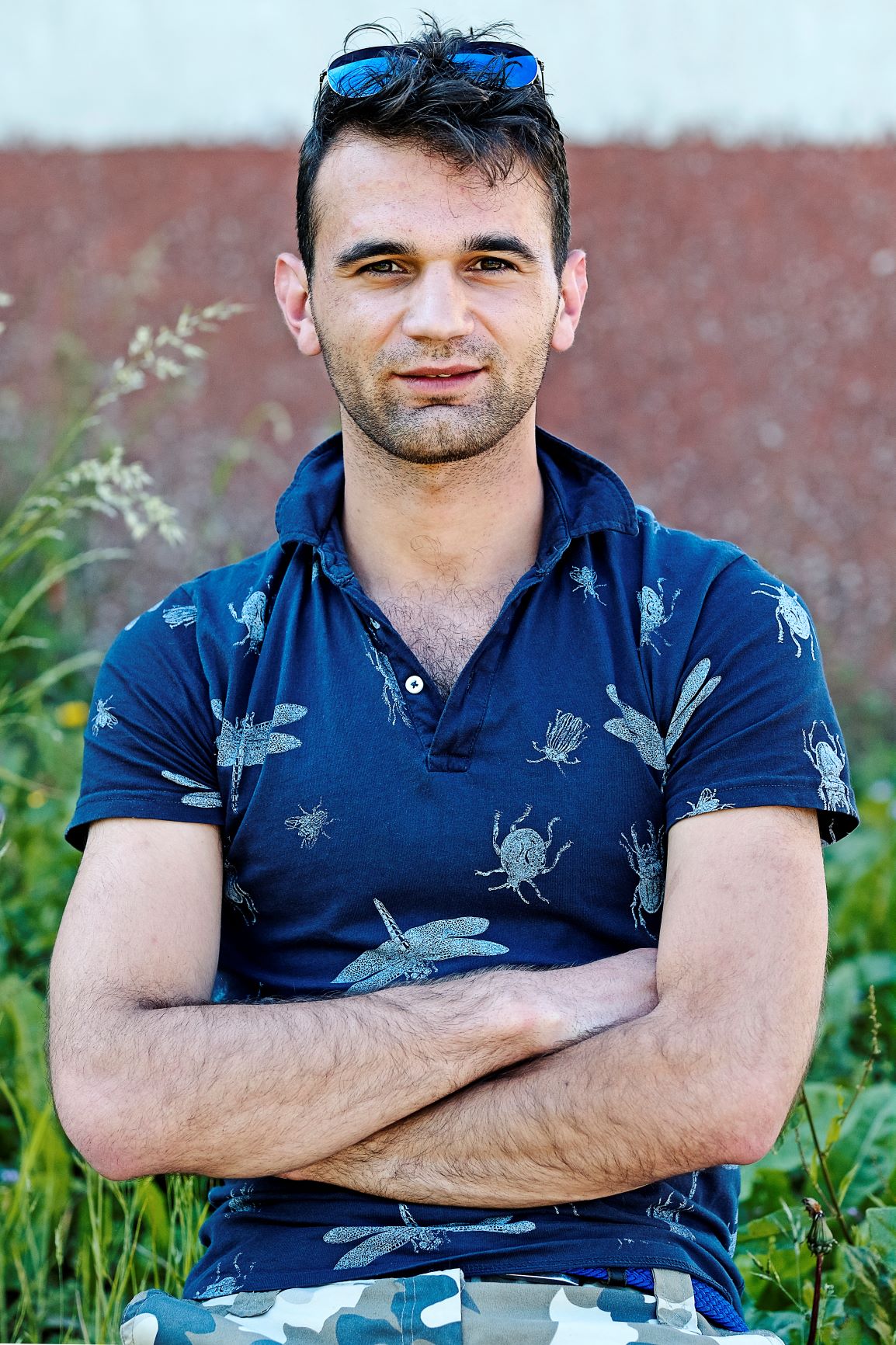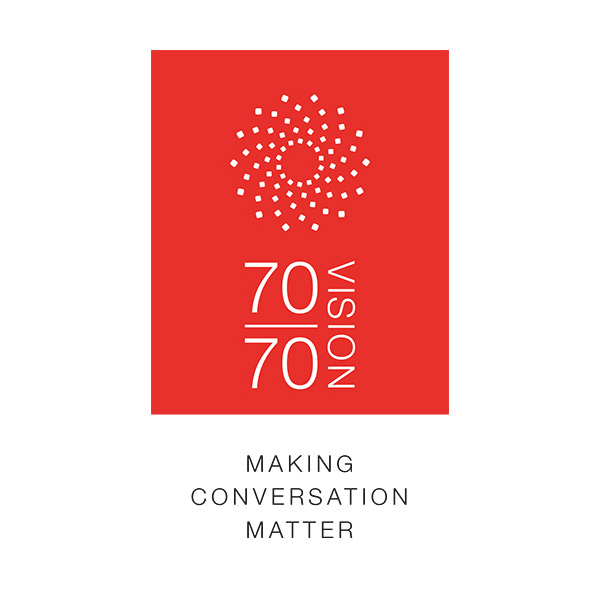 I was born in 1991 in a small village called Porcsalma, Hungary – near the border with Romania. My birth was the same year as the collapse of the Soviet Union, and the ramifications of its demise lingered on for many years. Hungary had been dependent, as were other countries within the Eastern Bloc, upon the polices of the USSR. Despite its negative connotations, communism meant one thing – employment for all. However, in a post-communist world many (my father included) lost their jobs as employment opportunities dwindled. In the midst of my teenage years the comfortable ‘middle-class’ existence myself, my sister and parents had become accustomed to changed when due to financial reasons we downsized to a cheaper property.
I was born in 1991 in a small village called Porcsalma, Hungary – near the border with Romania. My birth was the same year as the collapse of the Soviet Union, and the ramifications of its demise lingered on for many years. Hungary had been dependent, as were other countries within the Eastern Bloc, upon the polices of the USSR. Despite its negative connotations, communism meant one thing – employment for all. However, in a post-communist world many (my father included) lost their jobs as employment opportunities dwindled. In the midst of my teenage years the comfortable ‘middle-class’ existence myself, my sister and parents had become accustomed to changed when due to financial reasons we downsized to a cheaper property.
'I like Harlow ... they are good people'
Despite the hardship, my parents insisted that I finish my schooling and go on to university, where I studied Hungarian literature and English. My aunt (who’d moved to Harlow several years earlier – Hungary having become a member of the EU in 2004) asked if I wanted to come to England. She saw it as an ideal opportunity for me to work while improving my English language. Even though she praised the town and I’d seen the occasional photograph of Harlow, nothing makes up for seeing it in person. I was twenty-one but I’d never been aboard before, so you can imagine I was full of apprehension. I arrived in Harlow on Thursday, 20 June 2013. On first impressions the town looked good: a familiar mixture of semi-utilitarian concrete buildings which, unlike in my home country, were broken up by public green spaces. The following day I had a successful interview, which meant I started work on the Saturday. I won’t lie; trimming pork shoulders in a factory was a harsh transition from the academic life I’d known. But regardless of the long hours and six-day week, I stuck with it. After all, working rather than seeking benefits was always my intention when coming to the UK.
Such a whirlwind arrival left me somewhat isolated from life outside the Hungarian bubble I was living in. Neither was it conducive to improving my English – especially when everyone around me (at home and work) was speaking their mother tongue. To integrate myself further into Harlow life I moved from my aunt’s home and rented a room in a shared property. When, after some time, my working hours were cut to an unsustainable level I quit my job. With savings to fall back on I saw it as an ideal opportunity, while looking for work, to fully acquaint myself with Harlow. Spare time was put to good use by volunteering twenty hours a week at Integration Support Services, a Harlow-based charity that provides help to migrants, refugees and other ethnic minorities who are looking to settle in Essex or Hertfordshire. After three months at ISS I was offered two jobs in quick succession, both night shifts on an assembly line, so I picked the one offering better terms.
I like Harlow, I’m rather settled here. On the whole those I’ve become acquainted with or meet on a daily basis are good people – much like folk back home. Of course, I’ve heard of anti-migrant incidents occurring. But personally I’ve never had any bad experiences aside from a few kids giving me some grief; but nothing racially motivated. However, since the EU referendum I’m not the only one who has begun to feel a bit unsettled. Through my circle of friends I’ve heard about many who’ve already returned to their native countries, a sizeable percentage raising concerns over how a post-Brexit UK will treat them.
'only time will dictate whether I stay or go'
I know returning home would be a step backwards, but in all honestly I’m in limbo as to whether I should actually stay and continue with work and my studies. Being in such a situation is a shame. Throughout my time in the UK my motives have always been honourable. My intention was, and hopefully will still be, to remain here; maybe become a translator and invest my time and money into the country. I acknowledge people’s concerns over immigration – not everyone entering the UK has motives like mine. Migration is a two-way street and is happening around the world – it’s not just a term reserved for individuals coming into the UK. As much as I enjoy my life here, only time will dictate whether I stay or go.
